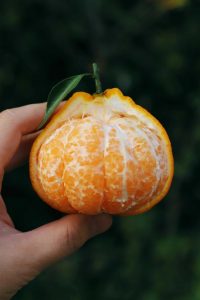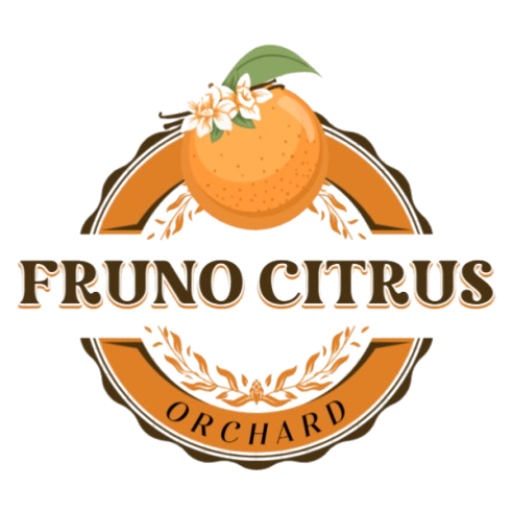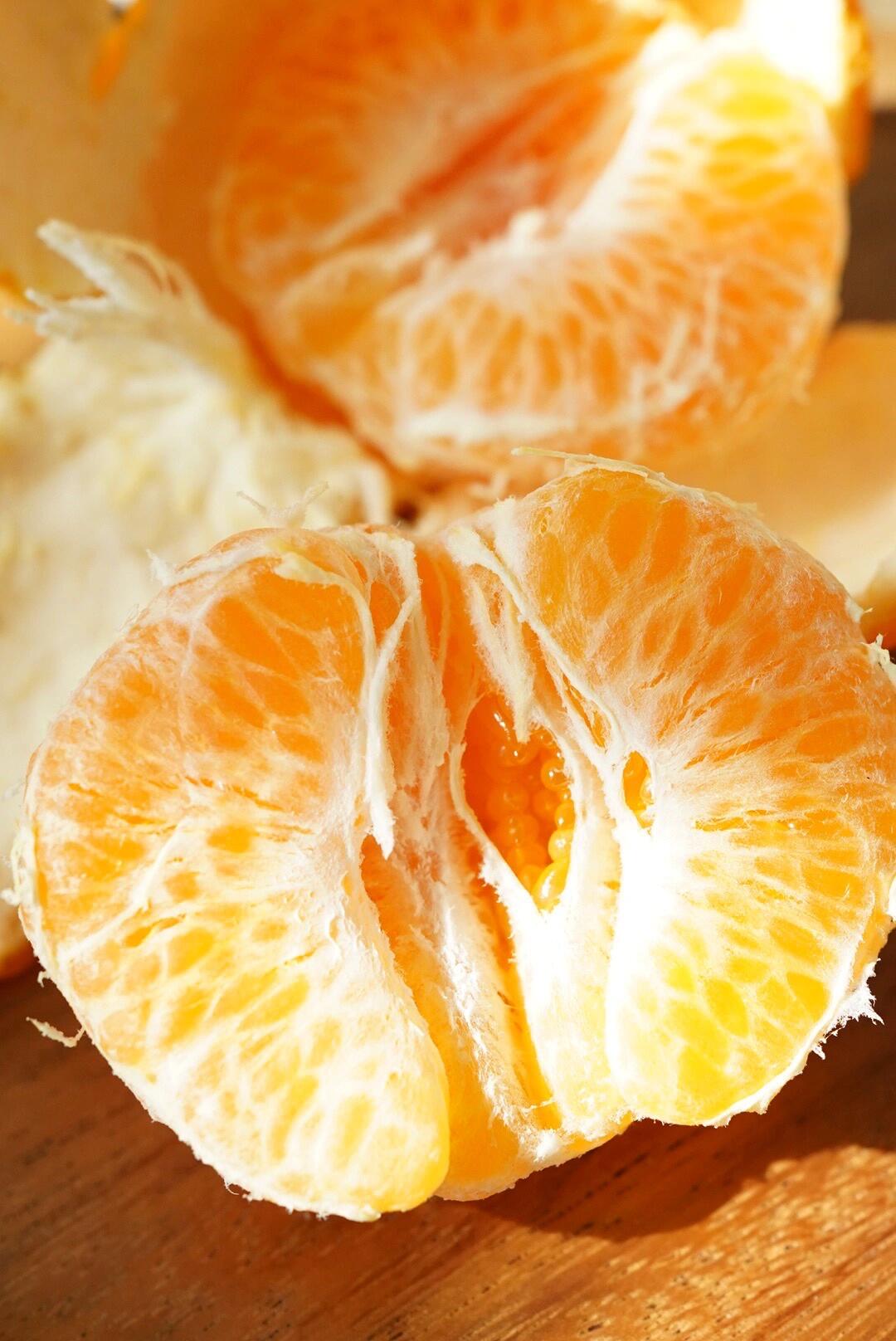Quality Standards for Papagan Mandarin: Meeting Domestic and Export Demand
Introduction
The Papagan Mandarin (耙耙柑) has become one of China’s most important late-season citrus varieties, both in terms of domestic consumption and export potential. As the fruit gains popularity in Southeast Asia, the Middle East, and even select European markets, quality standards play a decisive role in building buyer confidence and securing long-term demand.
This article explores how China defines, measures, and enforces quality benchmarks for Papagan Mandarin, ensuring that both domestic and international consumers receive consistent sweetness, juiciness, and visual appeal.
Defining Quality for Papagan Mandarin
Consumers judge citrus fruits based on a combination of taste, appearance, and shelf life. For Papagan Mandarin, the most critical indicators are:
-
Sugar and acidity balance: Sweetness above 13.5 Brix with mild acidity.
-
Juiciness: Juice content over 55%.
-
Texture: Tender, easy-to-chew flesh.
-
Peel appearance: Bright orange, thin peel without scars.
-
Size uniformity: Consistent grading for packaging.
| Quality Factor | Domestic Standard | Export Standard | Notes |
|---|---|---|---|
| Brix (Sweetness) | ≥ 13.5 | ≥ 14.0 | Export often requires stricter sweetness |
| Juice Content | ≥ 55% | ≥ 58% | Ensures freshness for long transport |
| Peel Thickness | ≤ 2.0 mm | ≤ 1.8 mm | Thinner peel preferred overseas |
| Defects Allowed | ≤ 5% per batch | ≤ 2% per batch | Export buyers are less tolerant |
| Size Range | 60–75 mm | 65–80 mm | Uniform sizing essential for retail |
Grading and Sorting System
To meet these standards, orchards and packing houses implement grading systems:
-
Grade A (Premium): Perfect appearance, high Brix, uniform size.
-
Grade B (Standard): Slight surface blemishes, acceptable taste.
-
Grade C (Processing): Below export grade, used for juice or domestic bulk sale.

Post-Harvest Treatments for Export
Export-quality Papagan must undergo specific post-harvest treatments:
-
Pre-cooling: Rapidly lowers fruit temperature to 5–6°C.
-
Wax coating: Reduces water loss, adds shine for better presentation.
-
Fungicide dips (approved chemicals only): Extends shelf life during sea transport.
-
Cold chain integration: Maintains quality until arrival in foreign supermarkets.
| Treatment | Purpose | Impact on Quality |
|---|---|---|
| Pre-cooling | Removes field heat | Extends freshness 7–10 days |
| Wax coating | Reduces water loss | Prevents shriveling |
| Fungicide dip | Controls decay | Ensures clean fruit |
| Cold chain | Stable temperature | Preserves taste and juiciness |
Domestic Market Expectations
Chinese consumers value:
-
Affordability: Grade B fruits are widely sold in supermarkets.
-
Visual appeal: Bright skin and easy peeling are strong selling points.
-
Gift culture: Grade A fruits dominate holiday gift boxes.
This domestic segmentation allows farmers to maximize utilization of every harvest, ensuring profitability across all quality levels.
Export Market Expectations
International buyers impose stricter standards:
-
Uniform appearance is crucial for supermarket retail.
-
Traceability: Exporters must provide orchard and packing house codes.
-
Certifications: Compliance with GAP (Good Agricultural Practices) and phytosanitary checks.
In Dubai, premium Papagan boxes often retail at 20–30% below Japanese Shiranui mandarins, making them highly competitive without sacrificing quality.
Challenges in Maintaining Standards
-
Smallholder orchards: Uneven management leads to variable quality.
-
Overuse of nitrogen: May result in bland taste if not balanced.
-
Logistics gaps: Cold chain interruptions reduce export quality.
Solutions are being promoted through cooperative farming models and government-backed cold chain subsidies, helping farmers align with export benchmarks.
Conclusion
The Papagan Mandarin (耙耙柑) is not only a delicious late-season citrus, but also a fruit that represents China’s growing ability to meet global agricultural standards. By aligning sweetness, juiciness, peel appearance, and shelf life with both domestic and international expectations, Sichuan Papagan has established itself as a trustworthy citrus variety.
With further investment in grading systems, cold chain logistics, and traceability technologies, the Papagan Mandarin is set to strengthen its position as both a domestic favorite and a global citrus ambassador.

